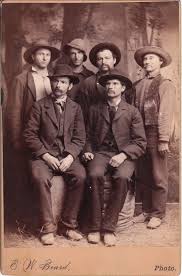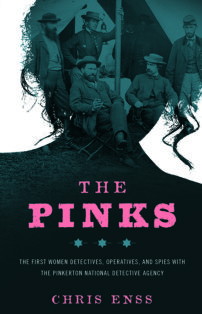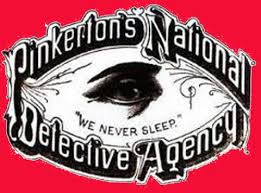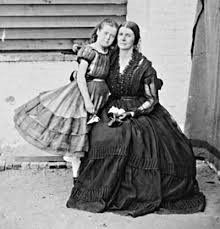Enter to win a copy of
The Principles of Posse Management:
Lessons from the Old West for Today’s Leaders.
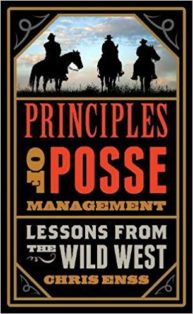
In nearly every Western film prior to 1950, you’ll find a sheriff hastily assembling a group of men to track down an outlaw or two. Area ranchers, or whoever was in the saloon after a shooting in the middle of the street, were quickly deputized. The posse would then mount their horses and take off in search of the bad guys. No one asked if the posse members could shoot straight—if they had their own guns and ammunition, or if they’d had experience hunting fugitives. How long they could stay in the saddle. How long they could be away from their homes, farms, or businesses. It would appear all that was needed was a collection of outraged citizens. Exactly what went into forming an effective posse was much more refined than motion pictures presented.
The original term for posse was posse comitatus, taken from the Latin, meaning the “force of the country.” Any law officer could order anyone to help him “keep the peace” or to chase and arrest a felon. People who wouldn’t help do that were fined. The history of sheriffs forming posses began in Anglo-Saxon England. The word sheriff is a combination of the Anglo-Saxon words for “shire” (what today we call a “county”) and “reeve” (meaning “guardian”). Those who guarded English counties were responsible for organizing communal defense.
According to David Kopel, a law professor from Denver University, the office of sheriff in England was declining by the time the American colonies were being settled. The office had resurgence in popularity once the colonies were solidified. It was decided then that the law enforcement agent would be elected to the position by popular vote. “The Americans also strongly reaffirmed the traditional common law understanding of the sheriff ’s powers and authorities, especially the sheriff ’s autonomy and independence,” Professor Kopel noted in a Washington Post article from May 15, 2014. “During the latter nineteenth century, elections and other common law principles were often formally constitutional zed in the new states. Legally speaking, the Office of Sheriff in most states has changed little since the nineteenth century.”
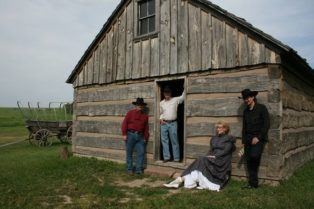
To learn more about the great posses of the frontier read
The Principles of Posse Management:
Lessons from Old West for Today’s Leaders.

